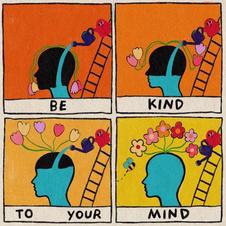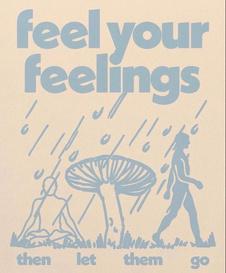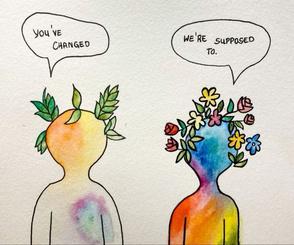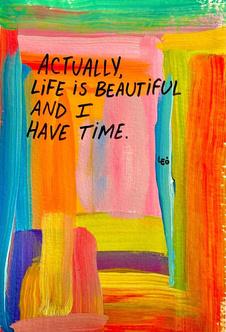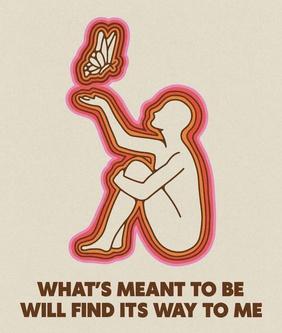

UNDERSTANDING DEPRESSION THROUGH PERSONALITY


WHAT IS THIS ZINE?


Depressionischaracterizedbypersistentlydepressedmoodorlossof interestinactivitieswhichcausessignificantimpairmentindailylife.
How Personality is Relevant:

depressionissomewhattrait-likeduetosymptomsbeing characterizedasfairlystableandenduring
somemodelsofpsychopathologysuggestthatmentalhealth disorders(suchasdepression)reflecttheextremeendsof personalitytraits
TheNegativeTriad:
negativeviews aboutoneself
negativeviews abouttheworld
negativeviews aboutthefuture
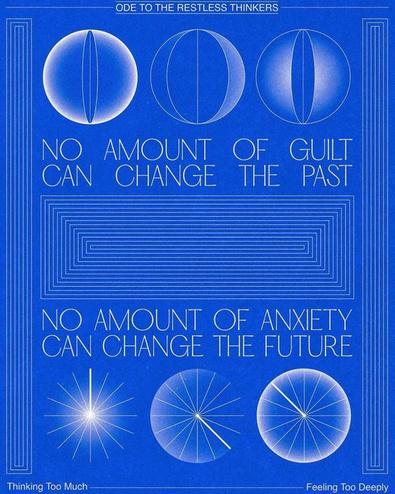
Cognitive approaches to personality psychology highlight that our thoughts cause other thoughts, emotions, motivations, & behaviors
By understanding that our personality & beliefs are malleable, through a focus on phenomenology, we are able to change our outlook on life and possibly improve negative feelings and life outlooks associated with depression.
Phenomenology: reality is what you make it because your personal beliefs represent important psychological facts about yourself
all-or-nothingthinking: lookingatlifeinblackand white
overgeneralization: makinggeneralized conclusionsbasedon limitedevidence catastrophizing: exaggeratingthe consequencesofa negativeevent
personalization: takingthings personally/blaming yourselfforthingsoutof yourcontrol
Positiveandnegative beliefsareboth irrationalindifferent ways.However, optimismmightbe psychologically beneficial.Pessimismis avulnerabilityfactor fordepression (Metalskyetal1987)
“Positiveillusions” maybeconnectedto bettermentalhealth (Dufneretal2018; Taylor&Brown1988)
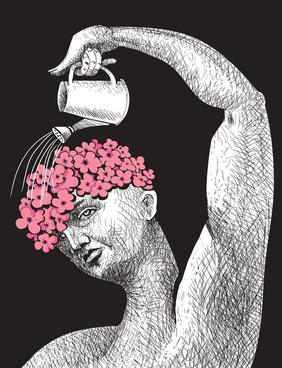



Cognitive Behavioral Therapy
CognitiveBehavioralTherapy(CBT)sahighlyeffectiveapproachusedto treatdepressionandfacilitatechangesintraitsandbehaviors.CBToperates ontheprinciplethatourthoughts,feelings,andbehaviorsare interconnected,andthatchangingnegativethoughtpatternscanleadto changesinfeelingsandbehaviors.CBThelpsindividualsidentifyand challengethepervasivenegativethoughtpatternsthatcontributetotheir depressivestate.Forexample,someonewithdepressionmighthavea tendencytowardthoughtslike"Iamworthless"or"Ican'tdoanythingright," whicharereflectiveofdistortedthinking.CBTteachestechniquesto questionandreframethesethoughtsintomorebalancedandlessself-critical perspectives,therebyalleviatingdepressivesymptoms.
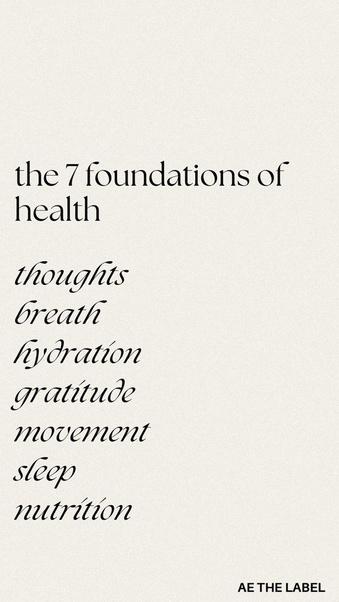



Negativebeliefsabouttheworldpredictedlessuccess,lessjobandlifesatisfaction, worsehealth,dramaticallylessflourishing,morenegativeemotion,moredepression, andincreasedsuicideattempts(Clifton&Meindl2021).CBTisawaytocombatthese negativethoughtpatternstoeventuallyincreaseoverallwell-being.
ACTIVITY
“YouHavetoFollowThrough:AttainingBehavioralChange GoalsPredictsVolitionalPersonalityChange”Hudsonet al 2018


Pickatleast3ofthesechallengestotrytoday&followthroughwiththem:
Whenyoufeeloverwhelmed,stopandtakeseveral deepbreaths.
1. Beforeyougotobed,writedownapositivethingthat happenedtoyouduringtheday,andhowitmadeyou feel.
2. Hugaclosefriendorfamilymember.
3. Expressgratitudetoanotherperson.
4. Spendatleast5minutesjournalingaboutallofthe goodthingsinyourlife,eveniftheyaretrivial.
5. Whenasituationseemsnegative,acknowledgethe bad,butalsomentallylistoff3positives.
6. Exerciseatleast30minutes.
7. Throughouttheday,noticeatleast5positivethings.
8. Whenyouareworriedaboutsomething,writeitdown.
10.
9. Schedule30minutestoengageinanactivityyou enjoy.



If you continue practicing these challenges regularly, your behavior will change, ultimately changing your personality and general outlook on life.
Thesechallengesfocusonincreasingyour awarenessandgratitudetowards everythingaroundyou.Together,these practicescanreshapeyourbeliefs,leading toamoreoptimisticandjoyfullife.
CONCLUSION
Through the exploration of cognitive approaches and the significant role personality plays in depression, we have discovered the trait-like nature of depressive symptoms and theiralignmentwiththeextremesofpersonalityspectra.
With an emphasis on the malleability of personality and beliefs, supported by phenomenological perspectives thatadvocateforthepotentialtoalter our life outlooks and improve the negative emotions linked to depression, we are able to recognize both the irrationality of extreme optimism and pessimism, and the vulnerability associated with pessimism, highlighting how "positive illusions" might indeed foster better mentalhealth.
Cognitive Behavioral Therapy (CBT) emerges as a pivotal tool in this narrative, providing a practical framework for challenging and transforming negative thought patterns that not only alleviate symptoms of depression but also promote significant behavioral changes. This therapeutic approach encapsulates the core message of my zine:byunderstandingandreshapingourcognitive processes, we can enhance our well-being and embarkonapathtoamorefulfillinglife.



